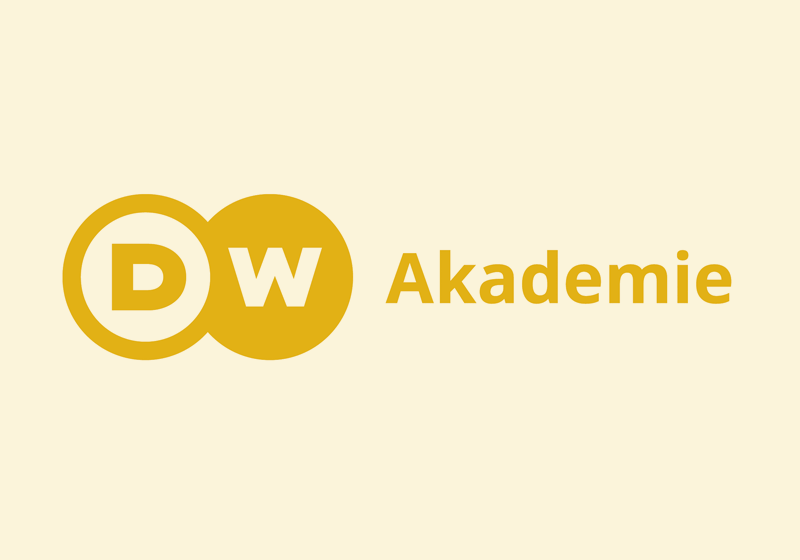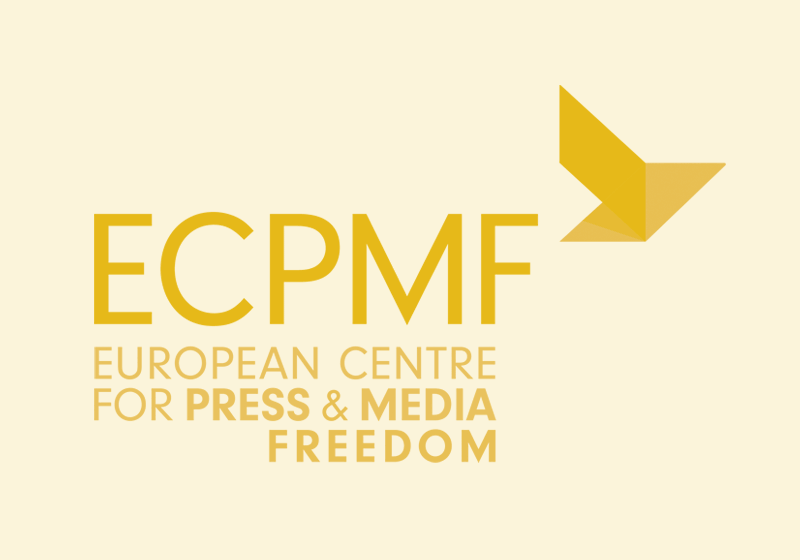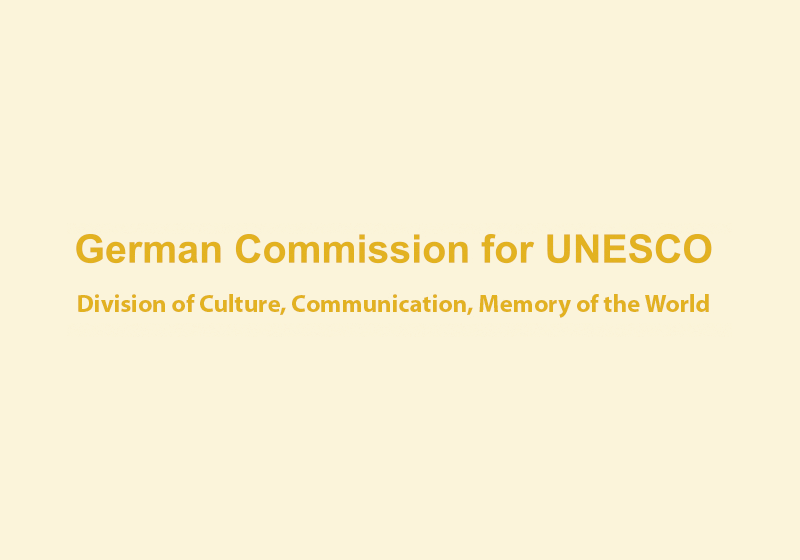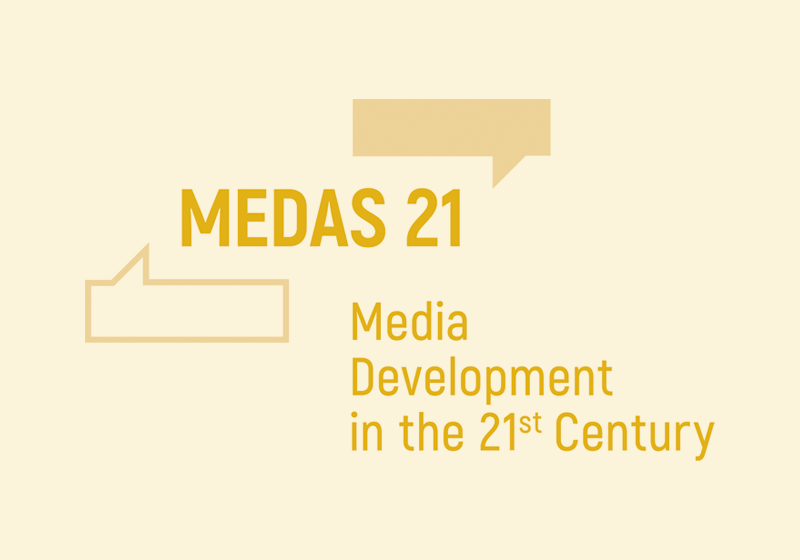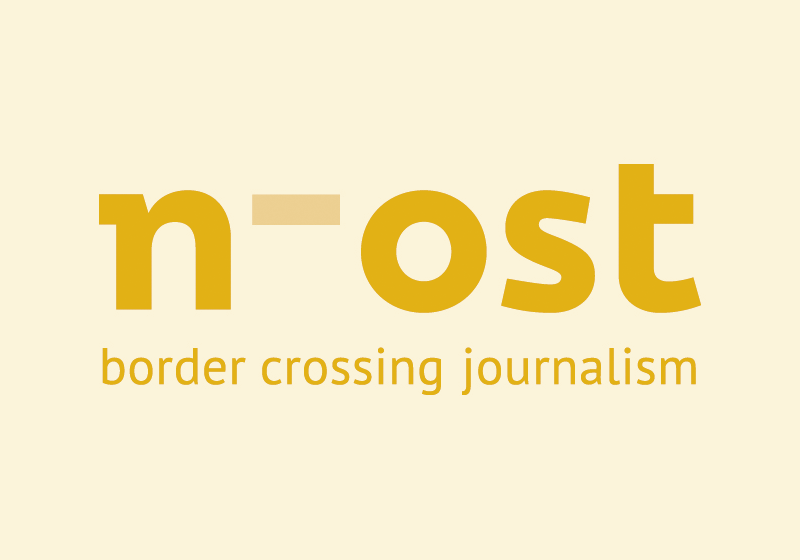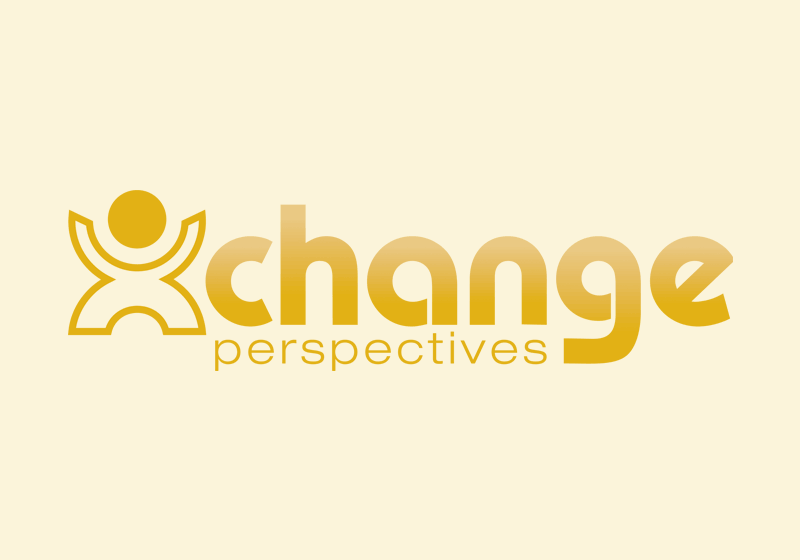Data Journalism: “Data is the new oil”
By Natalia Lazareva, Srinivas Mazumdaru and Eira Martens
Data Journalism was one of the afternoon sessions on Day 1 of the FoME Symposium in Bonn. A diverse mix of speakers discussed the present and future of data journalism: A concept still new to many media and development practioneers.
“Journalism has a problem. In fact, several problems!” started the moderator of the session on Data Journalism, Wilfried Runde. Referring to Clive Humby who claimed already in 2006 that data might be our new oil, the head of Deutsche Welle’s new media department stressed that today’s mass media have to compete with microblogging in swiftness or with social media in topicality and relevance.
New ways of journalism: Digging into data
However, there is a new chance for journalist to add value to today’s media content: Data journalism is digging into large and complex data sets with the aim to find ways of converting complex topics into narratives, comprehensive and interesting for the reader. For that, certain stages are to be fulfilled: 1. Collection of Data, 2. Filtering, 3. Visualizing, and 4. Story Telling based on the data. Building a team of programmers and developers is essential for journalists who want to enter the field of data journalism.
Dr. Carl-Christian Buhr from the EU Commission aimed to give a non-bureaucratic insight into the projects undertaken by the European Union on the development data journalism. By creating the digital agenda for Europe, i.e. advising on research policies, open access to information, ICT standardization, and e-infrastructure, the EU is framing media, data and skill policies. The support of cloud computing has become a strategic part of the digital agenda.
Access to information and freedom of expression
Helen Darbishire from Access Info Europe, highlights that the right to access information and real-time data is directly linked to freedom of expression. In spite of around 5.5 billion of the world’s population live in the countries with enacted information legislation, access to information remains uncertain for many of them.
Studies carried out by Access Info Europe show that a large number of governments are not enough transparent and impermissibly slow in sharing important data. Strikingly Spain and France are at the bottom of the EU ranking. Some of the solutions recommended by Helen are effective implementation of the right to information laws, data collection by governments, provision of real and real time data, and sharing it with journalists and CSOs.
Johnny West from Openoil.net, an initative that aims to make the oil industry more transparent, support the call for more access to data. Johnny provided a number of examples concerning Wikileaks as a rich source of data on oil-related issues, inviting investigative journalists to dig deap.
Further links on the topic of data journalism:
www.gapminder.org– Gapminder: for a fact-based world view
www.afrographique.tumblr.com – Infographic blog
www.visioncloud.eu – Cloud Computing system, Cloud storage
www.asktheeu.org – Portal for filing requests with European Union public bodies
www.fragdenstaat.de- Geramn portal for public information requests








